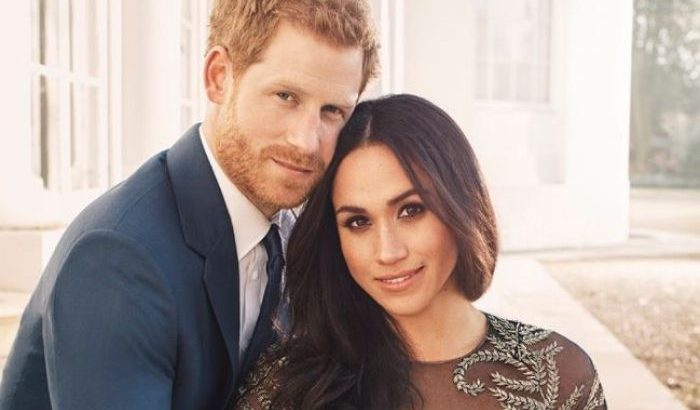The Harry-and-Meghan saga rumbles on, and one reason for the attention it is given is that people see it as a focus for dissecting family relationships.
Let’s face it: we all have complications within our family constellation. There may be a problematic uncle who seems to have let the side down. There is possibly a grandmother or other matriarch who has the entitlement to lay down the law.
There may be alienated dads who sound off in public, along with voluble estranged siblings or half-siblings. There are very frequently issues of sibling rivalry, and uncertain relations between sisters-in-law.
An elder brother may not always approve of the woman his kid brother marries, or may have counselled him not to rush into wedlock on short acquaintance.
Responsibilities
There is sometimes a son who seems to behave impeccably, facing responsibilities and doing his duty: and there’s a son who seems not quite to have grown out of the mixed-up adolescent phase of life.
There are fathers who may advise their offspring not to emigrate to, say, Canada, when there is a perfectly sensible job available for them in the family business at home. Not to mention the arguments that can arise about money, inheritance, and whether the bank of Dad picks up the bill for an offspring’s choices.
There are family members who sometimes have to be bailed out after a failed business venture.
And there are deaths and bereavements from which more sensitive souls find it hard to recover – particularly the loss of a beloved mother when a boy is only 12.
The fascination lies in the structure of the family, with which most people can identify.
I’ve even heard it suggested that the apparent rift between William and Harry has prompted more focus on similar sibling relations, and whether that mixture of rivalry and early attachment is ever completely resolved.
The family is our crucible, our nest, our template for love and values. But…it’s complicated!
****
Rebecca’s Long shot
Rebecca Long-Bailey is one of the contenders to succeed Jeremy Corbyn as leader of the British Labour Party, and considered the nearest to Mr Corbyn in politics and ideas, being of a strong left-wing persuasion.
She then blotted her copybook by saying she favoured restrictions on abortion practice, and queried the justice of aborting the disabled. It emerged that Becky was a Catholic – even admitting that she prays every day – and this unleashed some harsh comments.
Jess Phillips and Lisa Nandy, her political rivals, signed a letter got up by the wealthy abortion provider, BPAS, calling Ms Long-Bailey’s views “deeply offensive”.
Paul Mason, a noted Labour activist said: “I don’t want Labour’s policy on reproductive rights dictated by the Vatican.”
Back in 1960, when Jack Kennedy emerged as a candidate for Presidency of the United States, this was a repeated theme challenging his right to run – that JFK would be on the phone to the Vatican, taking orders from the Pope. As if! But the anti-Catholic bigotry was there, and, in connection with RL-B, it seems it still is.
****
January wasn’t always such a ‘blue’ month, you know!
It’s interesting that the month of January these days is widely regarded as a period of post-Christmas purging. People embark on new diets and quit alcohol, sugar, or even fags, if they still have the smoking habit. The faddy vegan regime is embraced as ‘Veganuary’.
In Ireland, in past times, January used to be known as a great month for dancing. Turn back the pages of that chronicler of social life, The Irish Tatler and Sketch, and peruse the plethora of ‘dress dances’ lined up for the season.
Old boys’ and old girls’ school organisations, banks and other commercial groups, trade unions, professional fellowships and other associations organised these ‘dress dances’ when young (and not so young) women were done up to the nines and the chaps were kitted out in tuxedos and bow ties.
January used to be known as a great month for dancing”
In the 1950s, supposedly a miserable decade, the ‘strapless evening dress’, with full skirts, was photographed on smiling young ladies who made jokes about the frock being held up by willpower alone. January was the month of partying.
That was because Ireland still followed, broadly, a Christian rhythm of the seasons (as some Continental European countries still do), and January was leading up to Mardi Gras. Lent was then the time for shriving and the dances ceased for those 40 days.
Today, January is the period of recovering from the excesses of Christmas, and the maxing-out of the credit card from the shopping fiesta of ‘Black Friday’.
So, no more merrymaking in January!


 Mary Kenny
Mary Kenny
